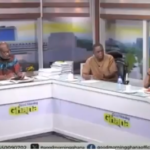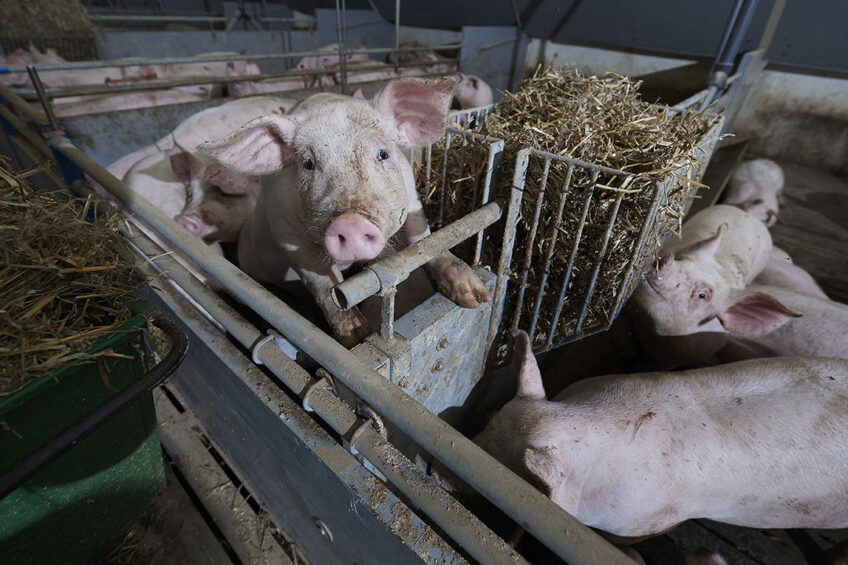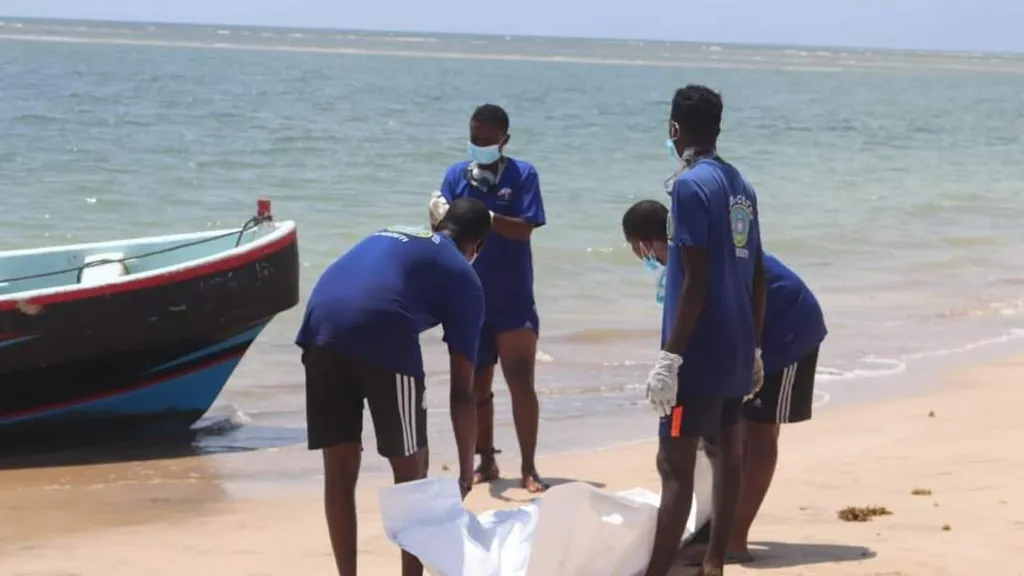Voting is now underway in Namibia as citizens head to the polls to choose a new president and parliament in what promises to be a pivotal election for the Southern African nation.
Early Wednesday morning, long lines formed outside polling stations in Windhoek, the capital, as Namibians eagerly awaited their chance to cast ballots in the tightly contested race.
The election poses a significant challenge for the ruling SWAPO party, which has governed Namibia since the country gained independence from apartheid South Africa in 1990. Vice President Netumbo Nandi-Ndaitwah, the party’s presidential candidate, is hoping to make history as Namibia’s first female president, but political analysts suggest her path to victory could be difficult due to growing dissatisfaction among young voters over high unemployment, corruption, and inequality.
Voting in Namibia pic.twitter.com/aA5X36OXCY
— Piet Croucamp (@pietcroucamp) November 27, 2024
Some voters were already in line before polls opened at 0700 local time (0500 GMT), with many younger Namibians eager to make their voices heard. “I arrived at 0630 (0430 GMT), but the queue was already long,” said teacher Tuna Alweendo, who noted the larger turnout compared to previous elections. “Young people are feeling motivated to vote for change,” she added.
SWAPO’s support has steadily declined in recent years, dropping to 56% in the 2019 presidential election from 87% in 2014. While the party still enjoys strong backing from rural communities and older generations, it faces increasing pressure from younger voters seeking reform. To secure the presidency, a candidate must receive over 50% of the vote, otherwise a runoff will be held. Alongside the presidential race, Namibians are also voting for the National Assembly.
Panduleni Itula, a dentist-turned-politician who finished second in the 2019 election, is among the 14 opposition candidates hoping to capitalize on SWAPO’s waning support.
Interim president Nangolo Mbumba, who assumed office earlier this year following the death of former president Hage Geingob, is not seeking election.
After casting her vote in Windhoek, Nandi-Ndaitwah emphasized job creation as a key priority for her administration, citing the need to address high youth unemployment. She blamed the ongoing challenges on the impacts of droughts and the COVID-19 pandemic, though Namibia has seen economic growth in sectors like oil, gas, and green hydrogen. However, the country remains one of the most unequal in the world, with high levels of income disparity.
With 1.4 million registered voters and a population of around 3 million, this election is shaping up to be a defining moment for Namibia’s future. Results are expected within a few days as the nation waits to see whether SWAPO can maintain its grip on power or if the opposition will rise to challenge its decades-long rule.








